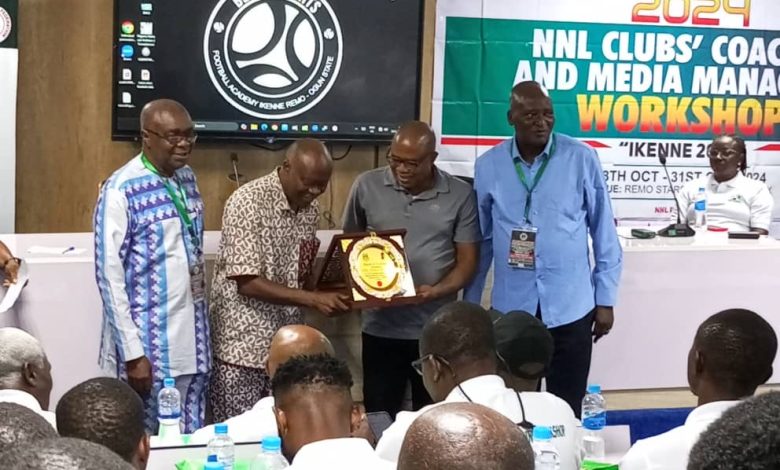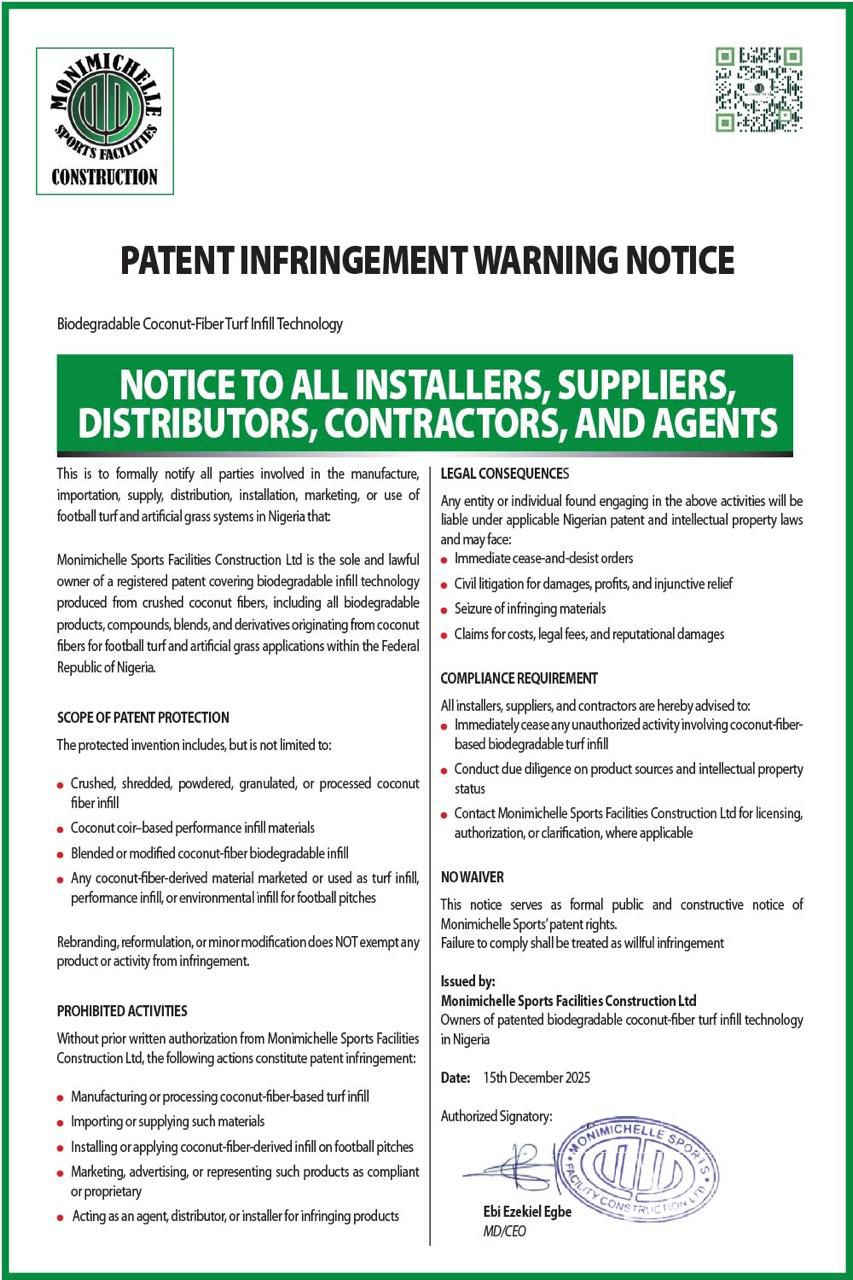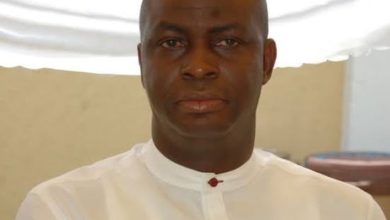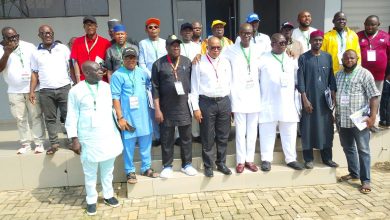
Photo: Chairman of NNL George Aluo (2nd left) presenting a plaque to Hon Kunle Soname. With them is board member of NNL Dr Don Ikpe (Right) and Chief Operating Officer, Dr Ayo Abdulrahman (left).
From Ifeanyi Eduzor, Ikenne
The three-day Capacity Building workshop organised by the leadership of the NNL for coaches and the media managers for the forthcoming new season ended today (Wednesday) at the Remo Stars Sports Complex with Honorable Kunle Soname applauding the league body.
The workshop, which was organised for the coaches and media officers of the various NNL Clubs, was handled by experienced resource persons and notable coaches.
Coaches Fatai Amoo and Alphonsus Dike took time shaping the coaches thoroughly preparatory for the new season.
Highly experienced media practitioners Tony Ubani, John Joshua Akanji, and Oluchi Tobex Tobe-Chukwu invested three days with the various media officers.
Honourable Kunle Soname, the host , was full of praise for the George Aluo-led NNL.
“My team played in the NNL for about 7 seasons, and I was also been opportuned to be a board member of the NNL in the 2011 season. I have never seen a well-organised league like the one of last season.”
He further explained that the league witnessed some clubs winning four straight games both home and away without violence.
“Sanctions were metted to erring teams, and such fines were paid before the next game. This is a testimony that George Aluo has been purposeful in changing the narrative,”he said amidst thunderous ovation from the jampacked Hall.
The closing ceremony was capped with the Chairman of the NNL George Aluo presenting an award to Hon. Soname for his exemplary contribution to football development in Nigeria while Dr Donald Ikpe, a board member presented the certificate of participation to the various coaches and media managers.






